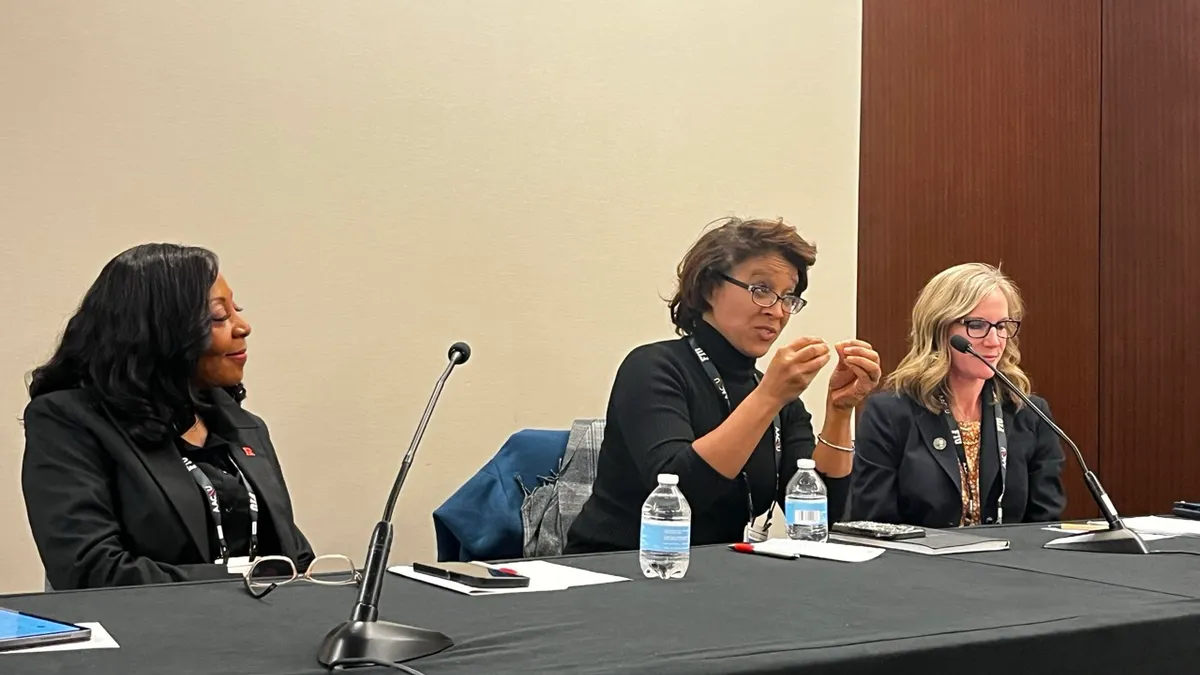Dive Summary:
- As universities, parents and students feel the crunch of the recession, admissions departments and prospective students alike are being forced to weigh the value of financial aid; most colleges are downgrading from "need-blind" to "need-aware" while applicants who need aid are not asking for it as often because they don't want to lower their chances of admission.
- As parents and prospective students of varying financial backgrounds try to gauge the future value of a degree and the amount they're willing to pay for it, a Princeton Review study revealed 86% of parents and students declared financial aid was either "extremely" or "very" necessary for them.
- Likewise, admissions offices at universities are reevaluating their financial aid policies and whether the ability to pay should factor into admissions decisions; as some colleges slim down their aid packages, others such as Grinnell College decide to remain need-blind.
From the article:
"... Parents have long used their wealth to try to sway admissions officers, of course. But that doesn’t always work. And it isn’t necessarily true that a needier student is passed up. 'The misperception is schools first look at all the kids who can pay full freight and then look at the kids who are left over,' said Kalman A. Chany, a financial aid consultant in New York and author of 'Paying for College Without Going Broke.' 'Parents like to use this as an excuse. They’ll say that if my kid didn’t have to apply for aid, he’d get in. It’s overblown. It’s a rationalization.' ..."













